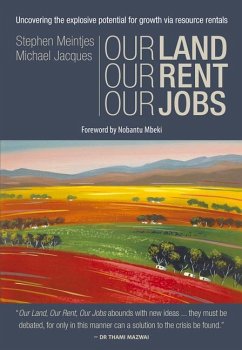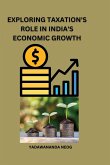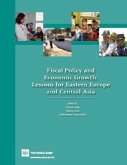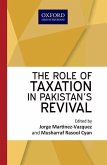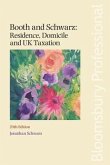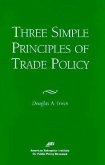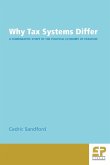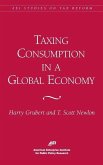South Africa, like many countries in Africa, is resource rich but the benefits are not shared by the whole population. High levels of unemployment are leading to increasing conflict and violence, undermining the brighter future hoped for when apartheid was abolished. The authors set out a proposal to unleash their country's potential for growth in a way that benefits investors and the poorest by reforming taxation--a blueprint for other developing countries. The rapid development of Taiwan and South Korea in the 1950s and 1960s owed much to a similar, business-friendly tax reform. Governments today tax social ills like tobacco and alcohol to discourage use, but do we want to discourage work and investment? The authors reveal that it is to make half the country economically unviable. Instead, the government needs to collect the value it creates and stop taxing the value created by labor and capital. To achieve this, they propose replacing most taxes with land value rentals, similar in effect to the tried and tested gold mine tax formula. This reveals a potentially rich source of government revenue that would allow the burden of taxation to be shifted off investment and labor, thereby encouraging more development and creating more jobs. Such a regime would encourage the owner of land to put it to its best use or sell it for someone else to use. It would also make viable public investment in new infrastructure projects. These would become self-financing, because the uplift in land values due to the improved amenities would automatically be captured in higher rentals payable to the government, a kind of virtuous circle.

